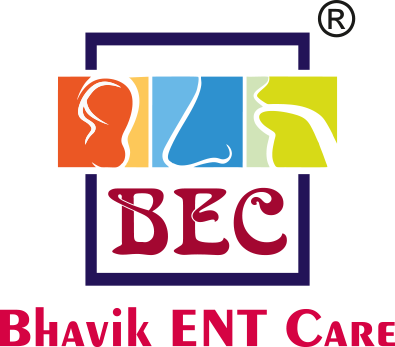
Vertigo Management: Regaining Balance and Stability
Vertigo is a sensation of spinning or dizziness that can significantly impact one’s balance, coordination, and quality of life. It is often a symptom of underlying disorders affecting the inner ear (vestibular system), which plays a crucial role in maintaining equilibrium. Common causes of vertigo include Benign Paroxysmal Positional Vertigo (BPPV), Ménière’s disease, vestibular neuritis, labyrinthitis, and even neurological conditions. Vertigo management focuses on accurately identifying the root cause and offering a personalized treatment approach to restore balance and reduce symptoms.
A comprehensive evaluation begins with a detailed history and clinical examination, followed by specialized tests such as Pure Tone Audiometry (PTA), Vestibular Evoked Myogenic Potentials (VEMP), Brainstem Evoked Response Audiometry (BERA), Electrocochleography, and other vestibular function tests. These investigations help assess the auditory and balance systems and differentiate between peripheral (ear-related) and central (brain-related) causes of vertigo.
Treatment is tailored to the underlying condition and may include vestibular rehabilitation therapy (VRT)—a series of customized physical exercises that help the brain adapt to the imbalances and reduce dizziness. In cases of BPPV, specific head maneuvers like the Epley or Semont maneuver are used to reposition inner ear crystals and provide immediate relief. Depending on the diagnosis, medications, dietary adjustments, and lifestyle modifications may also be advised. Vertigo management aims to not only relieve symptoms but also restore confidence and functionality, enabling individuals to return to their daily routines with stability and ease.
Services
For enquiries
Schedule your consultation today and start your journey to better health!

